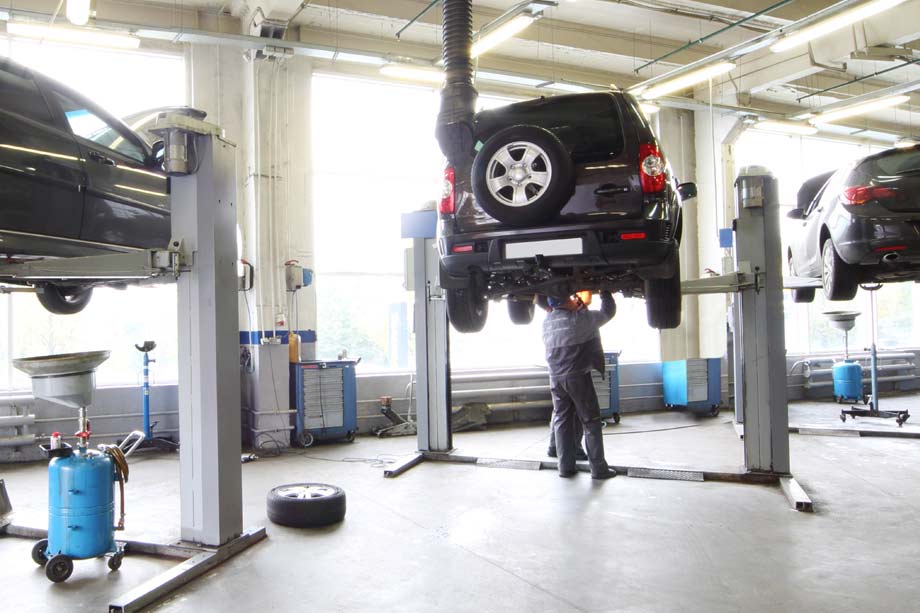All Categories
Featured
Auto Repair Tips for New Vehicle Owners

As a new vehicle proprietor, you might be thrilled concerning your cars and truck's excellent condition, but it is essential to recognize that regular upkeep and timely fixings are important to keeping your car running smoothly. Appropriate auto care not just prolongs the life of your car however also guarantees its performance, integrity, and security. Here are some vital car fixing pointers for brand-new vehicle proprietors that can help you remain on top of upkeep and prevent pricey repairs down the roadway.
- Obtain Aware Of Your Vehicle's Maintenance Schedule. Every new cars and truck includes a maintenance routine supplied by the manufacturer. This timetable outlines the timing for necessary solutions such as oil changes, brake checks, and tire turnings. Staying up to date with these advised solutions is important for maintaining your vehicle's performance and preventing break downs. Make sure to follow the timetable in your owner's manual, and if you're unsure, don't think twice to ask your auto mechanic for advice.
- Watch on Fluids. Your automobile counts on several necessary liquids to operate correctly. These consist of engine oil, coolant, brake fluid, power steering liquid, and transmission fluid. Inspecting the liquid levels consistently is just one of the easiest means to guarantee your car runs efficiently. A lot of these liquids are very easy to round off, and doing so before they run low can prevent extreme damage to your auto's engine or stopping system. Always utilize the type of liquid suggested by the producer, which can be found in your proprietor's handbook.

- Regularly Inspect Your Tires. Tires are among one of the most vital safety functions of your car, and keeping them in good condition is crucial. Consistently evaluate your tires for indications of wear, damage, or unequal tread. Examine the atmospheric pressure, as under-inflated tires can lower gas performance and trigger excessive tire wear. The majority of automobiles have an advised tire pressure listed on the driver's side door frame or in the handbook. Revolve your tires routinely to make sure also use.
- Keep Alert for Warning Lights and Sounds. Modern cars and trucks are outfitted with sensors that keep track of various systems, notifying you when something goes wrong. These might signal troubles that require timely repair service.
- Find Out Simple Repairs You Can Do Yourself. As a brand-new automobile proprietor, you don't require to be a professional technician to manage a few standard repair services. Knowing these tiny tasks will certainly save you time and cash, and it can also give you much more self-confidence in maintaining your auto.
- Find a Dependable Auto Mechanic or Car Dealership Service. While some repairs can be taken care of at home, others will call for expert expertise. If your auto is still under guarantee, you might desire to rely on a dealer solution center for repairs to guarantee your warranty stays intact.
- Preserve Your Car's Outside. Frequently wash and wax your automobile to secure the paint from roadway salt, bird droppings, tree sap, and various other aspects that can harm the surface. Maintaining your auto tidy will certainly not just make it look great however additionally assist maintain its value over time.
- Plan for Emergencies. Also with a new automobile, it's constantly an excellent idea to be gotten ready for unforeseen scenarios. Pack an emergency situation set with fundamentals like jumper cables, a flashlight, a tire-changing package, and standard first-aid supplies. Being prepared for roadside emergency situations can make a demanding circumstance far more convenient.

Final thought. As a new car owner, taking positive action in car repair and maintenance will certainly aid you take pleasure in a safe and reputable driving experience for numerous years ahead. By remaining on top of routine upkeep, keeping an eye on essential car systems, and finding out a few straightforward repair service tasks, you'll not just conserve money however additionally expand the life-span of your vehicle. With these pointers, you can ensure that your automobile remains in leading condition and is prepared to take you anywhere you require to go.
Latest Posts
Include Convenience and Personality to Your Home with Area Rugs
Published Apr 20, 25
1 min read
Transform Your Home with Resilient Wood Floor Covering from Carpet Interiors Floor & Home
Published Apr 20, 25
1 min read
Your Regional Floor Covering Professionals in Orland Park, IL
Published Apr 20, 25
1 min read
More
Latest Posts
Include Convenience and Personality to Your Home with Area Rugs
Published Apr 20, 25
1 min read
Transform Your Home with Resilient Wood Floor Covering from Carpet Interiors Floor & Home
Published Apr 20, 25
1 min read
Your Regional Floor Covering Professionals in Orland Park, IL
Published Apr 20, 25
1 min read